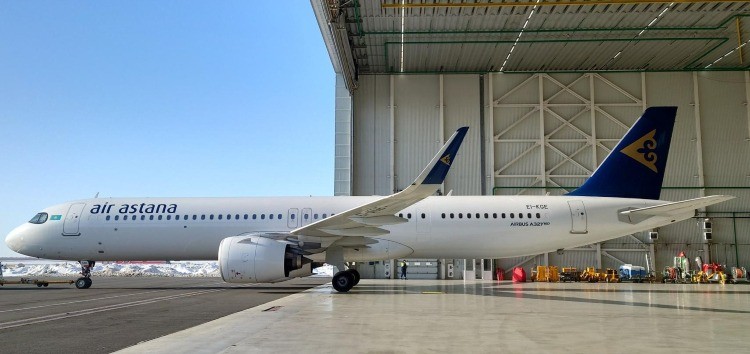ASHGABAT (TCA) — The International Organization for Migration (IOM) office in Turkmenistan and the OSCE Centre in Ashgabat organized a workshop from 16 to 17 August on how to set up an Advance Passenger Information (API) system in Turkmenistan. The event was part of wider efforts to prevent the movement of foreign terrorist fighters (FTFs) and enhance aviation security.
An API system is an electronic system through which biographic data from a traveller’s passport and flight details are collected by airlines and transmitted to the relevant national authorities at the border, before the departure or arrival of a specific flight. By checking the data against law enforcement watch lists, such as those of INTERPOL, border officials can know in advance whether FTFs or other suspicious individuals are attempting to enter their country.
API data has been increasingly used in recent years by law enforcement agencies and the establishment of national API systems is now mandatory. “The International Civil Aviation Organization (ICAO) has made it a standard and the United Nations Security Council, in its Resolutions 2178 and 2396, has called upon all states, including Turkmenistan, to collect API data,” explained Natasa Rasic, Officer-in-Charge at the OSCE Centre in Ashgabat. “Setting up such a system would greatly contribute to countering terrorism and improving border security in Turkmenistan and Central Asia as a whole.”
15 representatives from all agencies involved in passenger processing in Turkmenistan took part in the event, including the State Migration Service, the State Customs Service, the State Border Service, the Ministry for National Security, the Ministry of Internal Affairs and the General Prosecutor’s Office. The main purpose of the workshop was to provide participants with practical insights about the features and functions of an API system. They also learned about administrative, technological and operational procedures related to implementing and operating a passenger data programme.
Attendees benefited from the presence of border control officers from Hungary and the United States, as well as experts from some of the OSCE’s international partners, like the European Union (EU) and INTERPOL, as well as commercial service providers and representatives from Turkmenistan Airlines.









